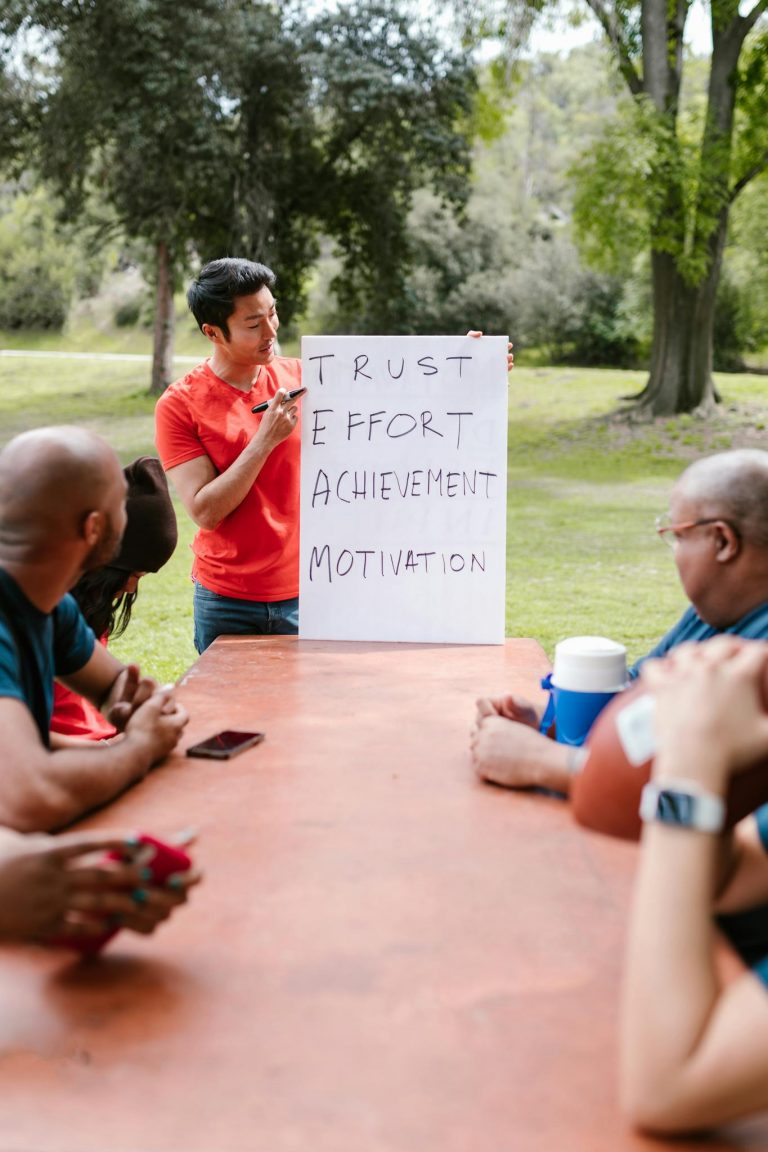Why Women Need to Embrace Financial Empowerment
I started working at 15 at the local supermarket. Over the years, I’ve loved the sense of purpose that contributing my skills and energy gives me. But I have one recurring challenge: asking for fair compensation. I am not alone. This is a recurrent theme in the women I coach—many of whom also struggle with the discomfort of asking for what they deserve.
Why? Through my work as a coach, I realize that it’s about deeply ingrained social norms that affect how women perceive their worth, particularly when asking for fair financial compensation.
My parents both worked, even with 4 children, but my dad was the main “breadwinner”; my Mum took care of the “domestic work”. Times have changed, but these traditions still influence how we approach financial discussions. Women’s value is often felt to lie in nurturing and helping, rather than in asking for fair financial compensation. This can be problematic, not only for our sense of worth but also for our financial independence.
Women are often taught to be modest and put others’ needs first, leading us to undervalue our contributions at work, and feel reluctant to ask for raises/negotiate for better pay. Women often assume tasks that don’t increase their professional “value” (such as organizing social events or coordinating team gifts). These “invisible” responsibilities add up but rarely contribute to career advancement or pay increases.
Women who assert themselves in financial discussions can face a double standard. When men ask for more, they’re seen as confident. when women do the same, they risk being labelled as pushy…
Unfortunately, the ongoing gender pay gap reflects how society values women’s work. Women often earn less than men for the same roles, and over time, this inequality became the norm. It’s hard to break out of that, especially when faced with imposter syndrome, like many women.
Recognizing these social norms has been a game-changer for me. Money is not just a necessity, it is also a form of self-respect and empowerment, reflecting the value we bring to the table. In addition:
👉Talking openly about money is key to dismantling the stigma around it. It’s about creating a space where asking for a raise, negotiating pay, or discussing financial goals feels natural and empowering, not uncomfortable.
👉Boundary setting is vital: whether it’s limiting unpaid commitments or ensuring we’re not taking on more responsibility without compensation, setting boundaries helps women protect their time and energy.
Does this resonate with you? Are social norms holding you back from asking for what you deserve? Are you undervaluing your contributions? If yes, reflect on your relationship with money. It’s time we break free from the old narratives and embrace a new one: Women deserve to be compensated fairly for their work, and asking for it isn’t just okay—it’s necessary.







